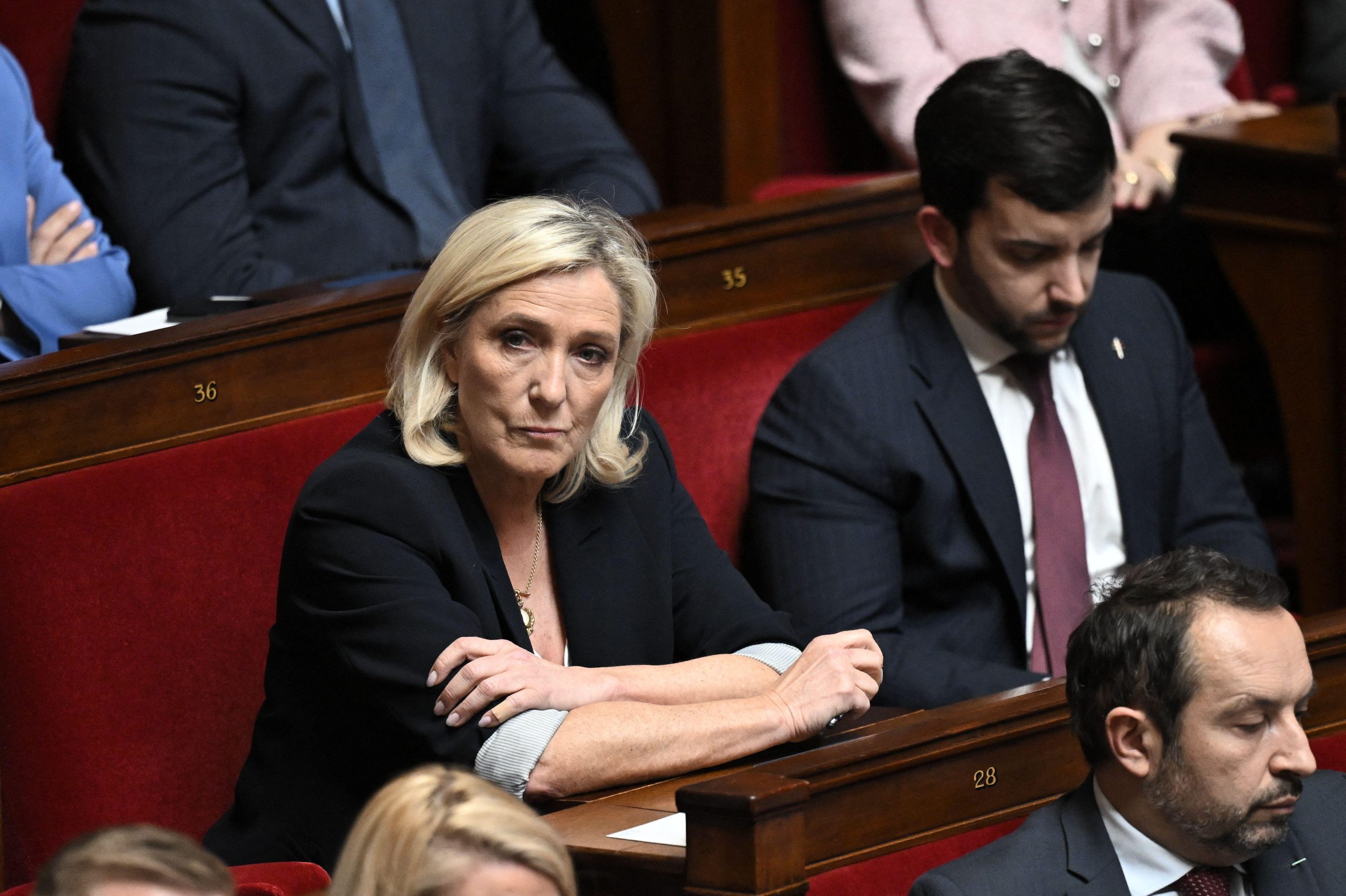Mexican investigative journalist Lydia Cacho has fled the country after receiving death threats.
Cacho, a columnist for the daily Mexico City-based El Universal, tweeted on 4 August that “mafiosi are the ones that should be running, not us,” a week after telling Mexican authorities that she had received anonymous death threats via phone and e-mail for revealing the names of sex traffickers.
In 2005 Cacho published Demons of Eden, an expose of abuse and child prostitution rings. Shortly after she was imprisoned and tortured. In October 2010 Cacho was awarded the PEN/Pinter Prize for an international writer of courage.
“This threat is the latest in a long line of efforts to intimidate Lydia Cacho, one of Mexico’s most prominent reporters,” wrote Carlos Lauría, senior program coordinator for the Americas at the Committee to Protect Journalists.
Cacho’s escape caps a sequence of threatening conditions for reporters in Mexico. On 29 July the Monterrey-based offices of the regional daily El Norte were set on fire by armed men late on Sunday. It was the third attack on one of the daily’s offices in the past month.
In May the bodies of three Veracruz photographers were found dismembered and dumped in a local waterway, while in June crime reporter Victor Baez was found dead in the city of Xalapa, making him the fourth journalist to be killed in Veracruz in the past two months.
A report published this summer by Swiss press freedom organisation Press Emblem Campaign revealed that there have been more journalists killed in Latin America this year than any other region worldwide. 23 journalists were killed in the region in the first half of 2012. Mexico has the highest murder rate for reporters in the region, followed by Honduras, which itself recorded the highest murder rate in the world last year.
Writing for Index in January 2011, Cacho said:
In Mexico, death threats are hardly newsworthy. Nor is death, or the struggle to remain alive. Maybe this is why my father, in solidarity and with great emotion, asks me why I refuse to accept the idea of living in another country for a while, one where I would not be considered an enemy of the state because I defend human dignity.





